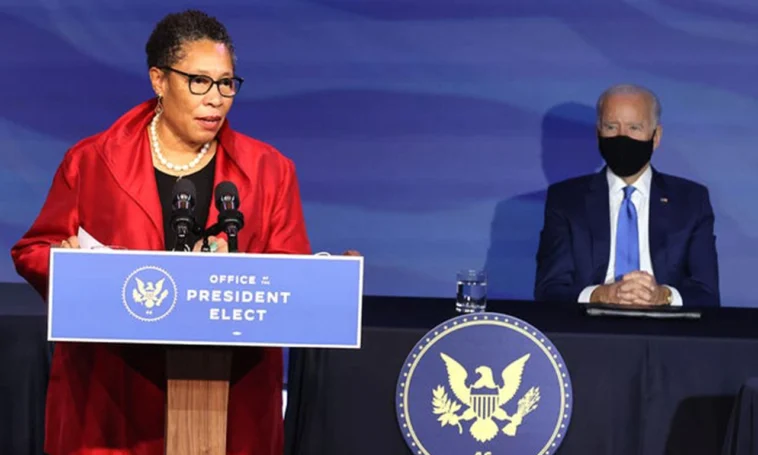Cabinet Secretary Marcia Fudge has announced retirement, citing the upcoming “crazy, silly” election season as a factor.Marcia Fudge’s decision to step down from her role as the Secretary of the U.S. Department of Housing and Urban Development (HUD) signifies a pivotal moment in the trajectory of the Biden administration’s housing policies.
With her departure, Fudge leaves behind a legacy defined by a steadfast commitment to addressing the pressing issues of housing affordability, racial discrimination, and equitable access to homeownership and rental opportunities.
Fudge’s tenure as HUD Secretary was marked by a relentless dedication to fostering economic opportunity and social equity through housing initiatives. Her extensive experience, spanning from her tenure as a mayor to her service as a member of the U.S. House of Representatives, provided her with a comprehensive understanding of the challenges facing communities across the nation, particularly in urban areas.
“It’s time to go home,’’ Fudge told USA Today, which reported that her last day is March 22. “I do believe strongly that I have done just about everything I could do at HUD for this administration as we go into this crazy, silly season of an election.”
As the second original Cabinet member to depart the Biden administration after Labor Secretary Marty Walsh, Fudge’s departure underscores the dynamic nature of governmental leadership and the evolving priorities of the administration.
Despite her relatively short tenure, Fudge leaves a lasting impact on housing policy, having spearheaded transformative initiatives aimed at expanding access to affordable housing and combating systemic inequalities within the housing market.
President Biden’s acknowledgment of Fudge’s contributions highlights her instrumental role in advancing the administration’s housing agenda. His praise for her vision, passion, and focus on increasing economic opportunity underscores the profound influence she wielded within HUD and the broader policy landscape. Fudge’s advocacy for expanding efforts to build generational wealth through homeownership and promoting fairness for renters resonates as a cornerstone of her legacy.
Under Fudge’s leadership, HUD embarked on ambitious endeavors to lower housing costs, increase housing supply, and address racial discrimination in housing practices. The administration’s proposal of the largest investment in affordable housing in U.S. history reflects Fudge’s unwavering commitment to creating housing solutions that benefit all Americans.
Moreover, her efforts to combat racial discrimination in housing by advocating for fairer home appraisals and strengthening programs to redress the negative impacts of redlining represent crucial steps toward achieving housing equity.
Fudge’s background as a Democrat in the House of Representatives and her previous experience as the first female and first African American mayor of Warrensville Heights, Ohio, provided her with a unique perspective on the intersectionality of housing, race, and socioeconomic status. Throughout her career, she championed initiatives aimed at empowering marginalized communities and addressing systemic disparities entrenched within the fabric of American society.
Beyond her governmental roles, Fudge’s commitment to public service extended to her advocacy for affordable housing as a bipartisan imperative. Her assertion that affordable housing transcends political affiliations underscores the universal nature of the housing crisis and the urgent need for collaborative, bipartisan solutions. By emphasizing the importance of affordable housing as an “American issue,” Fudge underscored the imperative for policymakers to prioritize the welfare of all citizens, irrespective of political divides.




Join the Community and Be a Part of the Conversation
You must be logged in or registered to post a comment.